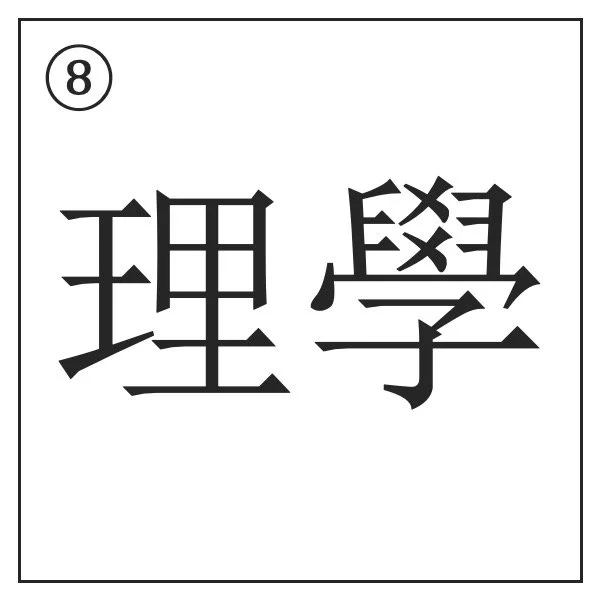1. THE NOBLE MAN
1. THE NOBLE MAN
junzi 君子
jūnzǐ
NOBLE MAN
“Junzi is a term for those who have attained virtue.”
君子,成德之名。
shèng
SAGE
“The sage aspires to become Heaven.”
聖希天。
xián
A WORTHY
“Ordinary people can reach the level of sages and worthies.”
常人之至於聖賢。
shì
SCHOLAR, OFFICIAL
“The scholar who cherishes comfort is not fit to be deemed a scholar.”
士而懷居,不足以為士矣。
rú
SCHOLAR, RITUALIST
“Act as a noble ru; do not act as a petty ru.”
女為君子儒,無為小人儒。
jīng
THE CLASSICS
“Are not the Classics the route by which to enter the Way of the Sage?”
求入其門,不由於經乎?
dàoxué
LEARNING OF THE WAY
“Learning of the Way is not an affair that is too lofty or difficult to practice.”
道學者,非甚高難行之事也。
lǐxué
SCHOOL OF [NATURE’S] PRINCIPLE
The modern term for daoxue. Also 性理學 (School of Nature and Principle).
¹ jūnzǐ 君子: “noble man”
“Junzi is a term for those who have attained virtue.” – Zhu Xi, The Discourses with Collected Commentaries 1:1, tr. Sol
² shèng 聖: “sage”
“The sage aspires to become Heaven, the worthy aspires to become a sage, and the gentleman aspires to become a worthy.” – Zhou Dunyi, Reflections on Things at Hand 2:1, tr. Chan
聖希天,賢希聖,士希賢。







